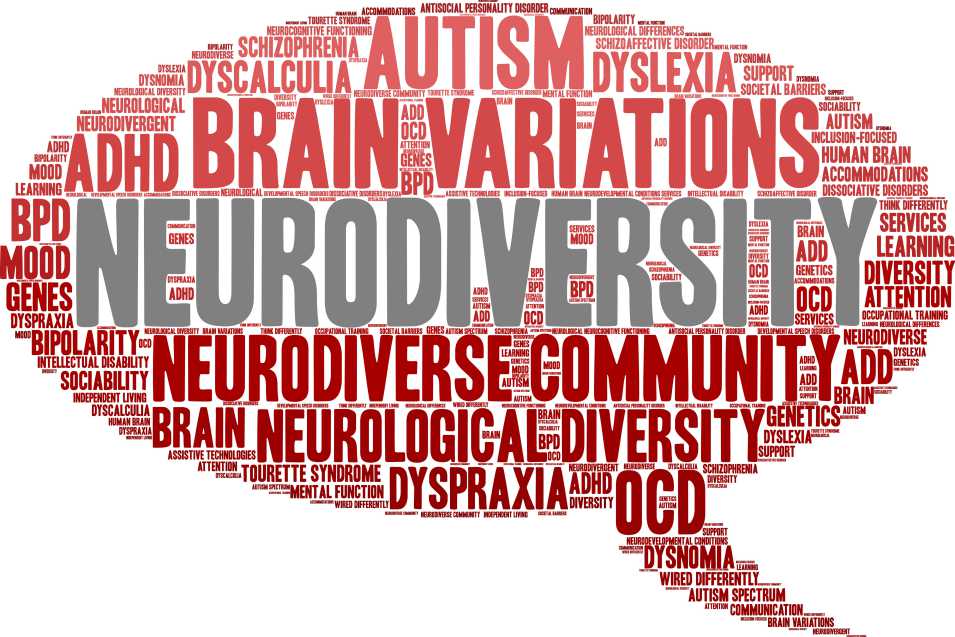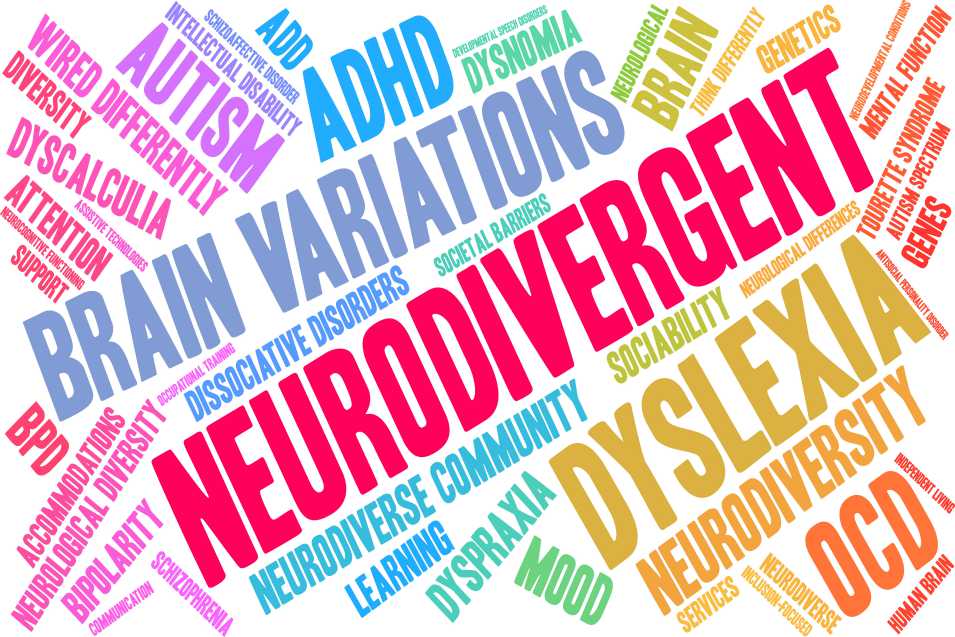Is OCD Truly Neurodivergent? Neurodivergence is a term that encompasses a wide range of neurological conditions, including autism, ADHD, and dyslexia. It refers to individuals whose brain structures and functions differ from typical or neurotypical.
These differences can manifest in various ways, such as atypical sensory processing, social communication challenges, and unique patterns of thinking and learning.
OCD is a mental disorder typified by intrusive thoughts, obsessions, and repetitive behaviors, compulsions. People with OCD often experience intense anxiety and distress when they cannot perform these compulsions.
Common obsessions include fears of contamination, doubts about safety, and a need for symmetry and order. Compulsions may involve excessive handwashing, checking locks repeatedly, or counting objects repeatedly.
Neurodivergent Perspective
The neurodivergent perspective on mental health conditions challenges the traditional understanding of these conditions as disorders that must be fixed or cured. Instead, it emphasizes the inherent neurological differences and the need for acceptance and accommodation.
Neurodivergent individuals argue that their unique ways of thinking and experiencing the world should be respected and valued rather than pathologized.
Is OCD Truly Neurodivergent?
The classification of OCD as neurodivergent is a subject of ongoing debate among experts and individuals with lived experience. Some argue that OCD falls under the neurodivergent umbrella because it involves a different way of processing information and responding to stimuli.
Others believe that OCD is better categorized as a mental disorder because of the significant distress and impairment it causes.

Neurodivergent Experiences of OCD
Neurodivergent individuals with OCD often have a distinct perspective on the condition. They may perceive their obsessions and compulsions as a part of their identity rather than something to be eliminated. For some, OCD can provide a sense of control and order in a chaotic world.
It is important to note that not all neurodivergent individuals experience OCD, and not all individuals with OCD identify as neurodivergent.
Neurodivergent Perspectives on Treatment and Support
The neurodivergent perspective on treatment and support for OCD emphasizes the importance of a person-centered approach. This approach focuses on empowering individuals to make decisions about their treatment and accommodating their unique needs and preferences.
Neurodivergent individuals often advocate for therapies that respect their autonomy and promote self-acceptance, such as cognitive-behavioral therapy (CBT) focusing on acceptance and mindfulness.
Research On The Neurodivergent Nature of OCD
Emerging research is shedding light on the neurodivergent nature of OCD. Studies have shown that individuals with OCD exhibit atypical brain activity and differences in brain structure compared to neurotypical individuals.
These findings support the idea that OCD is not simply a result of faulty thinking or behavior but rather a manifestation of underlying neurological differences.
Related Article: Exposure Therapy
Challenges and Misconceptions Surrounding Neurodivergent OCD
Despite growing awareness and acceptance of neurodivergence, there are still challenges and misconceptions surrounding neurodivergent individuals with OCD. Some people may dismiss their experiences as trivial or exaggerations, leading to feelings of invalidation.
The overlap between OCD and other neurodivergent conditions, such as autism, can complicate diagnosis and treatment approaches.
Related Article: Rejection Sensitive Dysphoria in Autism
Embracing Neurodiversity in OCD
Embracing neurodiversity in the context of OCD means recognizing and valuing the diverse ways individuals experience and cope with the condition. It involves promoting acceptance and understanding, challenging stigma, and providing support tailored to each person’s unique needs.
By embracing neurodiversity, society can create an environment where individuals with OCD can thrive and contribute their unique perspectives and strengths.
The question of whether OCD is truly neurodivergent is complex and multifaceted. While the debate continues, it is crucial to acknowledge and respect the perspectives of neurodivergent individuals with OCD.
By embracing neurodiversity and adopting person-centered approaches to treatment and support, we can foster a more inclusive and understanding society for all individuals, regardless of their neurological differences.
Related Article: Neurofeedback for OCD
